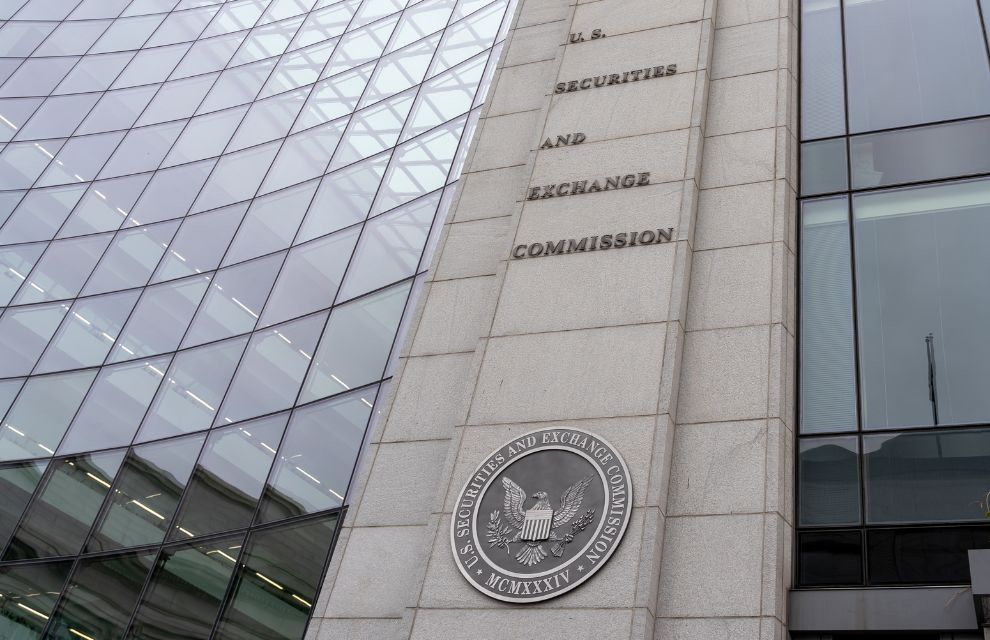The US Securities and Exchange Commission (SEC) has proposed implementation of a best execution regulatory framework for brokers and dealers that will fall under the Commission’s own rule-book, rather than under FINRA supervision.
A best execution rule has been in place in the US since 1968, when it was established by the National Association of Securities Dealers, a predecessor to the Financial Industry Regulatory Authority (FINRA).
This proposed regulation, announced yesterday, would introduce the first SEC-governed rule set for best execution.
This would require broker-dealers to maintain and enforce written policies that comply with the proposed best execution standard, and to demonstrate the steps they have taken to deliver this standard, including their procedures for handling conflicted transactions.
As part of these obligations, broker-dealers must document any arrangement or activities that involve payment for order flow.
Broker-dealers falling into scope of the proposed regulation will be required to review their best execution policies and practices at least annually and provide written reports to their board of directors, or equivalent governing bodies, detailing the results of these reviews.
The SEC indicates that, at this stage, the proposal is tailored to cover larger broker-dealers, specifically those with more than 100,000 customers.
Introducing brokers will be exempt from these provisions providing they can demonstrate that they are regularly reviewing the execution quality they receive from their executing brokers and are making changes to their order handling practices suggested by these performance reviews.
Speaking about the proposed best execution regulation, SEC chair Gary Gensler says: “I believe a best execution standard is too important, too central to the SEC’s mandate to protect investors, not to have on the books as Commission rule text.”
He notes that, today, equities often trade on off-exchange dark venues that have different business models and, in his assessment, are less transparent than the familiar lit exchanges.
“Such developments in our markets make best execution that much more important,” Gensler continues. “They also raise a number of questions about how brokers handle their best execution obligations in light of conflicts of interest that may lead broker-dealers to place their own interests ahead of their customers’ interests. Altogether, I believe a best execution standard at the Commission level, as well as the proposed enhancements, would lead to better execution for retail and institutional investors.”
Interestingly, Gensler reveals in a parallel statement that in responding to meme stock events earlier in his tenure at the SEC, he was not at that time aware that the Commission did not have its own best execution rule. Rather, as we have noted, the best ex rule for broker-dealers was instituted by FINRA, a self-regulatory organisation.
In 2016, the Municipal Securities Rulemaking Board (MSRB) implemented a separate rule for broker-dealers dealing in municipal securities.
Until now, the SEC has enforced a firm’s duty of best execution under its anti-fraud statutes, with FINRA enforcing its best execution standards and the parallel MSRB standard.
“I am pleased to support [the proposed regulation] because, if adopted, it would help ensure that brokers have policies and procedures in place to uphold one of their most important obligations: to seek best execution when trading securities, whether equities, fixed income, options, crypto security tokens, or other securities,” says Gensler.
In a separate declaration, the SEC has also introduced rule changes that aim to improve investor protection against insider trading. This involves changes to Rule 10b5-1 under the Securities Exchange Act of 1934 which collectively aim to improve protection of investors and to help shareholders to understand how insiders are trading illegally through their access to material non-public information.
 Image: AdobeStock/HVEPhoto
Image: AdobeStock/HVEPhoto 